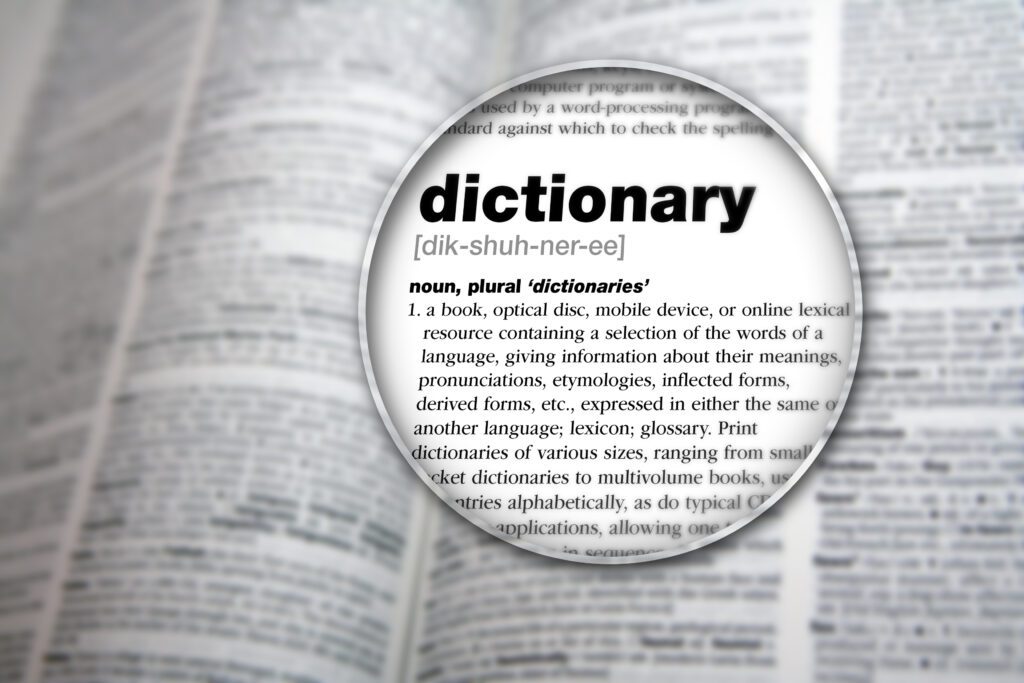34 Crazy English Words
Shakespeare, renowned for coining numerous unconventional words, has left an indelible mark on the English language. While many of these terms have become commonplace, their origins in the 1400s were considered eccentric. This exploration delves into some of the most eccentric words, from Shakespearean times to the mid-20th century, revealing regional variations in their usage across the English-speaking world.
Bumfuzzle
Originating from Old English dumfoozle, this term, prevalent on the East Coast and below the Mason-Dixon Line, describes a state of confusion or perplexity. Common among grandparents, it reflects linguistic nuances across regions.

Cattywampus
A Midland and Southern U.S. term denoting disorder or misalignment, cattywampus highlights regional linguistic diversity. Alternate forms like catty-corner, kitty-corner, or catawampus are also recognized.
Gardyloo
Hailing from Scotland, this unique term was historically shouted before discarding slop buckets out of windows in Edinburgh. Despite its historical context, the term persists, showcasing the endurance of linguistic oddities.
Taradiddle
Referring to pretentious nonsense or falsehoods, taradiddle captures the essence of embellished stories, such as exaggerated fisherman’s tales. It survives as a descriptor for deceptive narratives.
Snickersnee
Though it sounds whimsical, snickersnee denotes a long, dangerous knife initially associated with 18th-century cut-and-thrust fighting. While fading in usage, it highlights the evolution of language and its ties to historical contexts.
Widdershins
A poetic alternative for counterclockwise motion, widdershins, commonly used by older generations, adds a touch of nostalgia to contemporary language, persisting in poems and modern literature.
Collywobbles
Derived from the Latin cholera morbus, collywobbles signify stomach discomfort or a bellyache. Its dark origin contrasts with its current usage, especially among older individuals, showcasing the evolution of linguistic expressions.
Gubbins
This term, encompassing objects of little value, gadgets, or even describing a silly person, exemplifies the linguistic paradox of attributing insignificance to both objects and individuals.
Abibliophobia
Coined for those fearing a shortage of reading material, abibliophobia captures a sentiment familiar to avid readers, offering a whimsical touch to the anxiety of running out of things to read.
Bumbershoot
Widely recognized as a playful term for an umbrella, bumbershoot’s use in literature and films adds a touch of charm to everyday language, reflecting the linguistic richness embedded in mundane objects.
Lollygag
With uncertain origins in 1868, lollygag characterizes someone idling or wasting time, providing a colorful alternative for those moments of procrastination.
Flibbertigibbet
Originating in the 15th century as “flepergebet,” this term describes a talkative and flighty individual, showcasing the enduring appeal of expressive language.
Malarkey
Coined in the 1920s and 1930s, malarkey denotes insincere or foolish talk, offering a lively addition to contemporary discourse and illustrating the temporal nature of linguistic trends.
Pandiculation
Describing stretching upon waking, pandiculation provides a refined term for a typical morning ritual, adding nuance to the language of physical experiences.
Sialoquent
Unveiling a term for spitting while talking, sialoquent eloquently captures an uncomfortable front-row sensation, showcasing the linguistic diversity in expressing bodily functions.
Wabbit
A Scottish term for exhaustion, wabbit introduces regional variations into the vocabulary, allowing for a nuanced description of tiredness.
Snollygoster
A more genteel term for politicians who prioritize personal gain over principles, snollygoster serves as a refined addition to political discourse, demonstrating the adaptability of language to societal changes.
Erinaceous
Describing something or someone resembling a hedgehog, erinaceous adds a whimsical touch to language, providing an expressive descriptor for a specific likeness.
Bibble
Designating noisy eating or drinking, bibble offers a concise term for a common pet peeve, contributing to the lexicon of behavioral descriptors.
Impignorate
A sophisticated alternative for pawning, impignorate elevates the language associated with financial transactions, showcasing the adaptability of terminology.
Nudiustertian
Meeting the need for a term denoting the day before yesterday, nudiustertian adds a layer of complexity to temporal expressions, catering to the intricacies of language.
Quire
Presenting a single term for “two dozen sheets of paper,” quire exemplifies the linguistic efficiency inherent in English, offering succinct alternatives for common phrases.
Ratoon
Distinct from its potential rodent-related associations, ratoon refers to the shoot or growth emerging from a plant’s root, introducing a specialized term for botanical phenomena.
Yarborough
Applied in card games when dealt a hand without numbers exceeding nine, yarborough contributes to the gaming language, reflecting the specificity embedded in specific contexts.

Xertz
Describing the act of quenching thirst or consuming food quickly and greedily, xertz adds a vivid term to the lexicon of bodily sensations and actions.
Zoanthropy
Coined to describe individuals believing they have transformed into animals, zoanthropy introduces a term for a specific form of delusion, contributing to the vocabulary of psychological phenomena.
Pauciloquent
Catering to those of few words, pauciloquent provides a concise descriptor for individuals who prefer brevity in speech, highlighting the diversity of communicative styles.
Bloviate
Contrasting with pauciloquent, bloviate characterizes verbose and empty speech, offering a critical term for inflated narratives and discourse.
Borborygm
Offering a distinctive term for stomach rumbling, borborygm contributes to the vocabulary of bodily sensations, providing precision in describing specific physiological experiences.
Brouhaha
A term familiar to many, brouhaha signifies an uproar or significant event, showcasing its continued relevance in describing heightened situations.
Absquatulate
Slang for sudden departure or absconding, absquatulate adds a playful twist to the language of exits, introducing a colloquial term for leaving abruptly.
Comeuppance
Reflecting a bygone era, comeuppance denotes receiving just consequences, adding a touch of vintage charm to expressions of justice.
Donnybrook
Conveying a sense of uproar, melee, or argument, Donnybrook contributes to the lexicon of conflict, revealing its association with events and a location in Dublin, Ireland.

Nincompoop
A timeless term for foolish or silly individuals, nincompoop persists as a playful descriptor, transcending generations and retaining its lighthearted connotation.
The rich tapestry of the English language unfolds through these eccentric words, revealing the cultural, regional, and temporal nuances.
